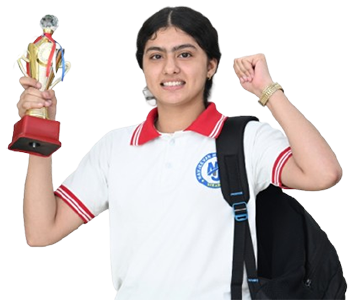
25 questions
25 questions
30 questions
80 questions
25 questions
25 questions
30 questions
80 questions
20 questions
20 questions
20 questions
20 questions
80 questions
15 questions
20 questions
15 questions
15 questions
15 questions
80 questions
15 questions
20 questions
15 questions
15 questions
15 questions
80 questions
You get 4 marks for every correct answer. So, try to answer carefully and confidently.
No marks will be deducted for incorrect answers. However, avoid excessive guessing to maintain a safe score
No marks will be lost for questions you don t attempt. If you are not sure about an answer, it s better to skip it than lose marks.
The exam has 100 questions, so plan your time wisely to attempt as many as you can.
Focus on accuracy first, then speed. Attempt questions you know well before moving to the tougher ones.
Questions are based on the first 40% of the NCERT syllabus for each class and subject. You can check the complete syllabus on our website. No question will be out of the syllabus.
The exam organizers have the right to modify the syllabus, question format, marks, grading, prizes, or scholarships whenever needed during the exam process.